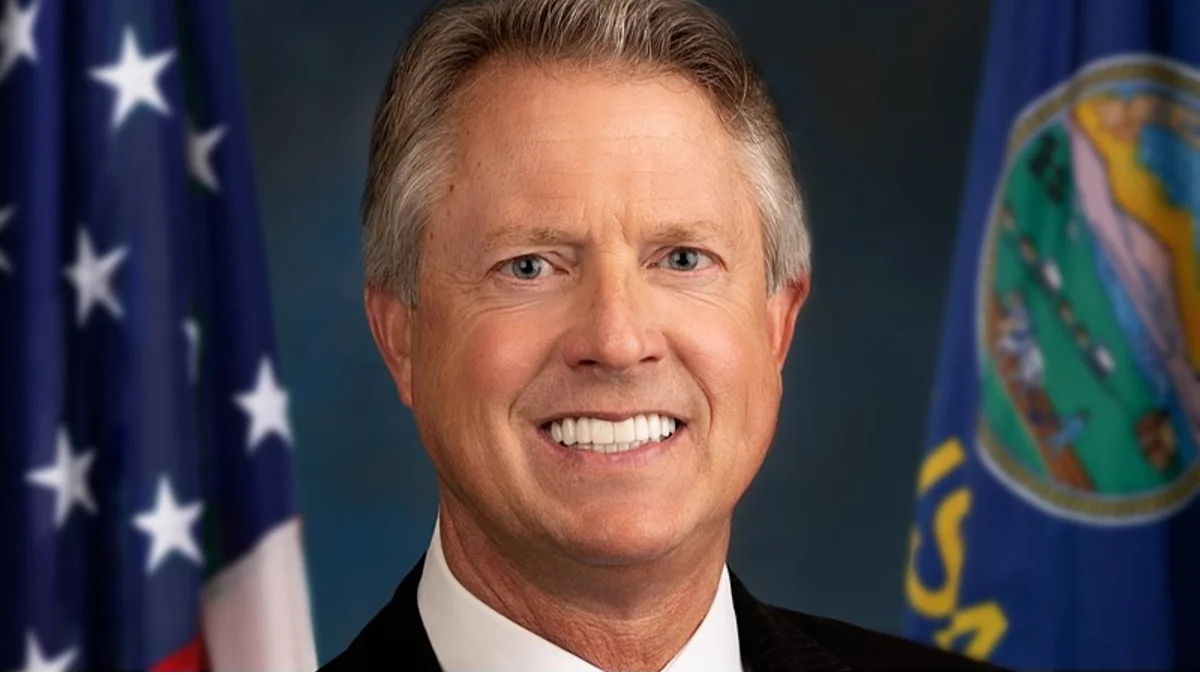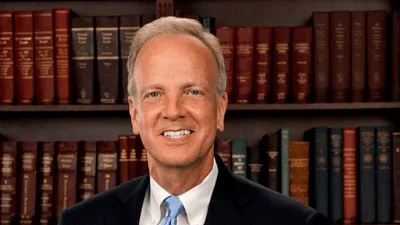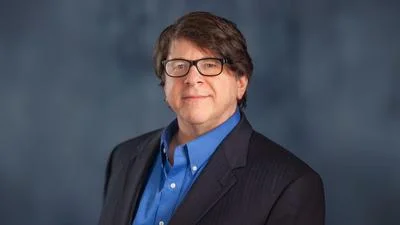Senator Roger Marshall, US Senator for Kansas | Official U.S. House headshot
Senator Roger Marshall, US Senator for Kansas | Official U.S. House headshot
U.S. Senator Roger Marshall (R-Kansas) questioned Deputy Secretary of Agriculture Stephen Alexander Vaden during a Senate Committee on Agriculture, Nutrition, and Forestry hearing about the U.S. Department of Agriculture's (USDA) recent proposal to reorganize and relocate some operations to Kansas City.
During the hearing, Marshall emphasized the advantages of moving USDA offices to Kansas City, citing proximity to major universities and agricultural research centers. “Mr. Vaden, welcome. Glad you’re here today. In your testimony, you were mentioning some of the advantages of moving to some of these communities. And I would just point out that you failed to mention that moving to Kansas City that suddenly you would have the advantage of being a Chiefs fan, rather than suffering through another year here with the Washington Commanders. You failed to mention, to be within an hour of the most storied basketball program in the nation, and just barely two hours away from the first land-grant university in America.
“And I just would want to give you a chance to talk a little bit more. You think about the Kansas City Metro, within a two-hour drive of the Iowa State University, the Nebraska University, Missouri, Arkansas…. How far away is Auburn? Not too far. So, my point is, you know what? You can’t coach talent. You have to have talent, and within just miles of there, some of the greatest ag research in the world. How important is that to American agriculture to have, let alone the affordability issues you mentioned?”
Deputy Secretary Vaden responded by highlighting Kansas City's potential for collaboration among research institutions and its importance for American agriculture: “It’s vital. And I want to add to the mix, NBAF. We haven’t forgotten about that. You haven’t either. I know there’s some unfinished business left there. But when you think about the potential that facility has and the technology and level of research that can go on there that are vital for the future of American agriculture, you’ve pointed to many of the reasons why Kansas City also joined as one of our five hubs.
“The Department put some thought into this. We want to spark that level of collaboration that you have noted, whether it be with our land grant and non-land grant university partners, whether it be with individual farmers, whether it be with the local Chamber of Commerce in an area that is driven and motivated, even though it may be in an urban setting, by agriculture.
“I know that you’re well aware that the Federal Reserve has a location in Kansas City, and that we’re looking at the shape of the agricultural economy for inclusion in the Beige Book, so we look to what the Kansas City Fed has to say. USDA will be able to take advantage of all of these synergies, and not only Kansas City, but the other hubs that we have laid out.”
Marshall also discussed concerns from producers regarding USDA staff working remotely from Washington D.C., saying many farmers found it difficult when their reports were delayed or stuck at headquarters instead of being handled locally: “Over the past four years, it was reported that only 6% of USDA employees were in the office as well. And more and more, just a crescendo of complaints from my ag producers back home that they could work with their local FSA officer or their conservation officer, but then that report would get somehow clogged here in DC. I want to compliment the White House on the $10 billion that was appropriated in [the] spring; within days my farmers had help they needed.
“And then more recently I think it was a $16 billion so something is working right from a standpoint of customer services... So just talk about customer service how that was going to be impacted by these people... moving out into...the hinterlands as we call it.”
Vaden agreed relocating employees closer to agricultural communities should improve service: “Well I don’t consider it hinterlands I consider it home Senator...with regard having more people in field we agree with you level service will improve...Congress has legislated on this point...and if actually look at statute...The statute says ‘the Secretary shall seek simplify make efficient operation Department Agriculture place administration farm programs close state local levels’ ...This exactly what Congress intended: maximum amount USDA resources dedicated out field not Washington D.C.”
Marshall concluded by praising recent trade deals facilitated by tariffs under President Trump’s administration: “Just want make one last point President Trump’s tariffs are working...He has made incredible trade deals...We’ve never sold cheeseburger all Europe Ethanol 40% our corn crop goes ethanol Suddenly EU UK all these countries going buying ethanol as well We’re seeing manufacturing jobs move back country because these tariffs as well American agriculture will benefit significantly from long-term trade Agreements for long-term success as well and we can’t wait see what’s next coming out White House tariffs Thank you Mr Chairman I yield back.”




 Alerts Sign-up
Alerts Sign-up